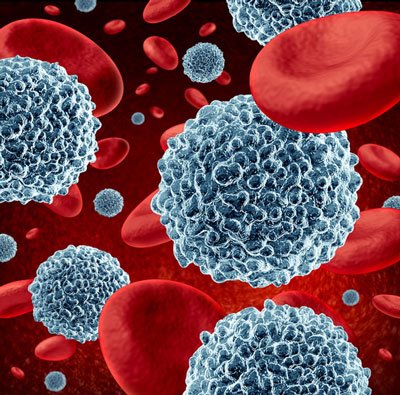ImmuneXcite presents new preclinical data on its mAbXcite platform
Posted: 22 April 2015 | Victoria White
New preclinical data demonstrates that mAbXcite therapies causes an immune cascade that successfully recruits T-cells to mount an attack against cancer…


ImmuneXcite has announced new preclinical data demonstrating that its mAbXcite platform sets into motion an immune cascade that successfully recruits T-cells to mount a natural, precise and potent attack against cancer in preclinical models of treatment-resistant colorectal and breast cancers.
These data were presented at the American Association for Cancer Research (AACR) Annual Meeting 2015.
“ImmuneXcite’s approach has the potential to generate precise and potent therapies for patients with a range of solid tumours who currently have no or limited treatment options,” said Yaniv Bejerano, ImmuneXcite Chief Executive Officer and Co-Founder. “Because of the novel mechanism of action, this approach could also be used in combination with other targeted therapies and immune-oncology drugs, which is widely believed to be critical to the future of cancer treatment.”
mAbXcite therapies trigger body’s natural defences earlier in the immune cascade
The mAbXcite platform represents a fundamentally new approach in the quickly growing field of cancer immunotherapy, applying ImmuneXcite’s discoveries in fungal biology to trigger a natural and lasting immune attack on cancer cells. By attaching a fungal sugar known as beta-1,6-glucan to antibodies that seek out and bind to tumour cells, mAbXcite therapies recruit neutrophils, the first responders of the immune system, to cancer cells. The neutrophils then recruit other immune cells, including T-cells, to mount a robust, targeted and lasting immune attack.
“The power of this approach rests in the fact that it triggers the body’s natural defences much earlier in the immune cascade than other cancer immunotherapy approaches,” said Ifat Rubin-Bejerano, Ph.D., ImmuneXcite Chief Scientific Officer and Co-Founder. “It taps into the natural selectivity of our immune system, as well as its ability to develop immune memory, potentially offering therapies that can effectively attack cancer cells while sparing healthy ones and fend off recurrences of the cancer.”
Preclinical data demonstrates that T-cells are recruited and activated by mAbXcite therapies
The preclinical data presented at AACR provides clear evidence for the first time that T-cells are recruited and activated by mAbXcite therapies to attack cancer cells. Key findings of this research include:
- mAbXcite-trastuzumab inhibits tumour growth in treatment-resistant models of breast cancer
- mAbXcite-cetuximab inhibits tumour growth in treatment-resistant models of colorectal cancer
- Mice that responded to treatment with mAbXcite-cetuximab did not develop new tumours when colorectal cancer cells were reintroduced, demonstrating the development of immune memory and a lasting immune response
- When T cells were artificially depleted from mice who had responded to treatment with mAbXcite-cetuximab, tumour growth quickly accelerated, providing evidence that T-cells had been successfully recruited and were mounting an effective attack on the cancer cells
In additional studies, the mAbXcite platform was also tested in mice with fully intact immune systems (syngeneic model), showing that:
- Neutrophils successfully infiltrated the immune-suppressive tumour microenvironment
- Macrophages, another key player in the immune cascade, were recruited to the tumour
- Cytotoxic CD8 T-cells were then recruited and activated to attack the tumour



